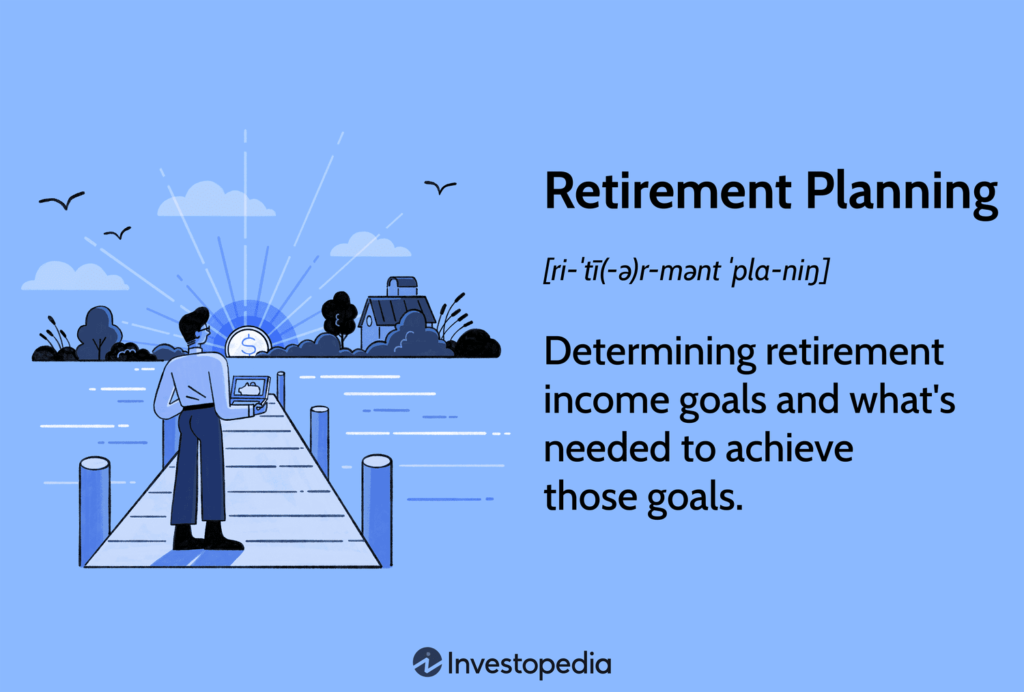Early retirement is a dream for many, offering the freedom to enjoy life on your own terms. However, planning an early retirement requires meticulous preparation, particularly when it comes to health insurance. Ensuring you have adequate coverage until you qualify for Medicare is crucial to a stress-free retirement. In this comprehensive guide, we will explore the key steps to plan for early retirement with a robust health insurance strategy.
Understanding Your Health Insurance Options
When planning for early retirement, understanding your health insurance options is the first step. Here are the main avenues you might consider:
1. Employer-Sponsored Health Insurance
If you are fortunate enough to retire before age 65, maintaining your employer-sponsored health insurance might be possible through COBRA. The Consolidated Omnibus Budget Reconciliation Act (COBRA) allows retirees to continue their employer’s health insurance plan for a limited time, typically up to 18 months. However, it is important to note that you will be responsible for the full premium, which can be significantly higher than what you paid while employed.
2. Health Insurance Marketplace
The Health Insurance Marketplace, established under the Affordable Care Act (ACA), provides a variety of plans to those without employer-sponsored insurance. The marketplace offers several levels of coverage (Bronze, Silver, Gold, and Platinum) to fit different needs and budgets. Subsidies are available based on your income, which can significantly reduce the cost of premiums.
3. Private Health Insurance
Purchasing private health insurance is another option for early retirees. This involves buying a plan directly from an insurance provider rather than through the marketplace. Private plans can offer more flexibility and a wider range of options, but they can also be more expensive. It is essential to compare plans carefully to ensure you get the coverage you need at a price you can afford.
4. Health Savings Account (HSA)
A Health Savings Account (HSA) is a tax-advantaged account that can be used to pay for qualified medical expenses. If you have been contributing to an HSA, you can use these funds to cover health care costs in retirement. HSAs offer a triple tax advantage: contributions are tax-deductible, the account grows tax-free, and withdrawals for qualified medical expenses are also tax-free.

Evaluating Your Health Care Needs
Before choosing a health insurance plan, it is vital to evaluate your health care needs. Consider the following factors:
1. Current Health Status
Assess your current health status and any ongoing medical conditions. If you have chronic conditions that require regular treatment, ensure that your plan covers these services adequately.
2. Anticipated Health Changes
As you age, your health needs may change. Anticipate potential future health issues and choose a plan that offers comprehensive coverage, including preventive care, specialist visits, and prescription medications.
3. Preferred Doctors and Hospitals
If you have preferred doctors and hospitals, check whether they are included in the plan’s network. Out-of-network care can be significantly more expensive.
4. Coverage for Dependents
If you have dependents, ensure that your plan covers their health care needs as well. Some plans offer family coverage, which might be more cost-effective than purchasing separate plans for each family member.
Budgeting for Health Insurance in Retirement
Health insurance can be one of the most significant expenses in retirement. Therefore, it is crucial to budget for these costs carefully. Here are some tips to help you manage your health insurance budget:
1. Estimate Premium Costs
Calculate the monthly premiums for the health insurance plans you are considering. Remember that while lower-premium plans may be attractive, they often come with higher out-of-pocket costs.
2. Consider Out-of-Pocket Expenses
In addition to premiums, consider the out-of-pocket expenses such as deductibles, copayments, and coinsurance. Ensure that you have enough savings to cover these costs.
3. Factor in Inflation
Health care costs tend to rise faster than the general rate of inflation. When planning your budget, factor in an annual increase in health care costs to avoid future shortfalls.
4. Utilize Financial Planning Tools
There are various financial planning tools and calculators available that can help you estimate your health care costs in retirement. Use these tools to get a comprehensive understanding of your potential expenses.
Maximizing Your Retirement Income
Maximizing your retirement income can help you cover the cost of health insurance. Here are some strategies to boost your retirement income:
1. Social Security Benefits
Delaying your Social Security benefits can significantly increase your monthly income. If possible, delay taking Social Security until you reach full retirement age or even later.
2. Pension Plans
If you have a pension plan, understand the payout options available to you. Choosing the right option can maximize your income and ensure a steady cash flow throughout retirement.
3. Investment Income
Investing in a diversified portfolio can provide additional income in retirement. Consult with a financial advisor to create an investment strategy that aligns with your retirement goals and risk tolerance.
4. Part-Time Work
Consider part-time work or consulting opportunities to supplement your retirement income. This can also provide a sense of purpose and keep you engaged during retirement.
Preparing for Unexpected Health Care Costs
Unexpected health care costs can derail your retirement plans. Here’s how to prepare:
1. Emergency Fund
Maintain an emergency fund to cover unexpected medical expenses. Aim to save at least six months’ worth of living expenses in a readily accessible account.
2. Long-Term Care Insurance
Consider purchasing long-term care insurance to cover the cost of extended care services, such as nursing home care or in-home care, which are not typically covered by health insurance.
3. Regular Health Screenings
Regular health screenings and preventive care can help catch potential health issues early, reducing the risk of costly treatments down the line.
4. Healthy Lifestyle Choices
Adopting healthy lifestyle choices, such as a balanced diet and regular exercise, can reduce your risk of chronic illnesses and lower your health care costs in retirement.
Conclusion
Planning for early retirement with health insurance requires careful consideration of your options, evaluation of your health care needs, and meticulous budgeting. By understanding the available health insurance plans, evaluating your current and future health care needs, budgeting for health insurance costs, maximizing your retirement income, and preparing for unexpected health care expenses, you can enjoy a secure and fulfilling retirement.
If you want to read more information about how to boost traffic on your Website just visit –> The Insider’s Views.



